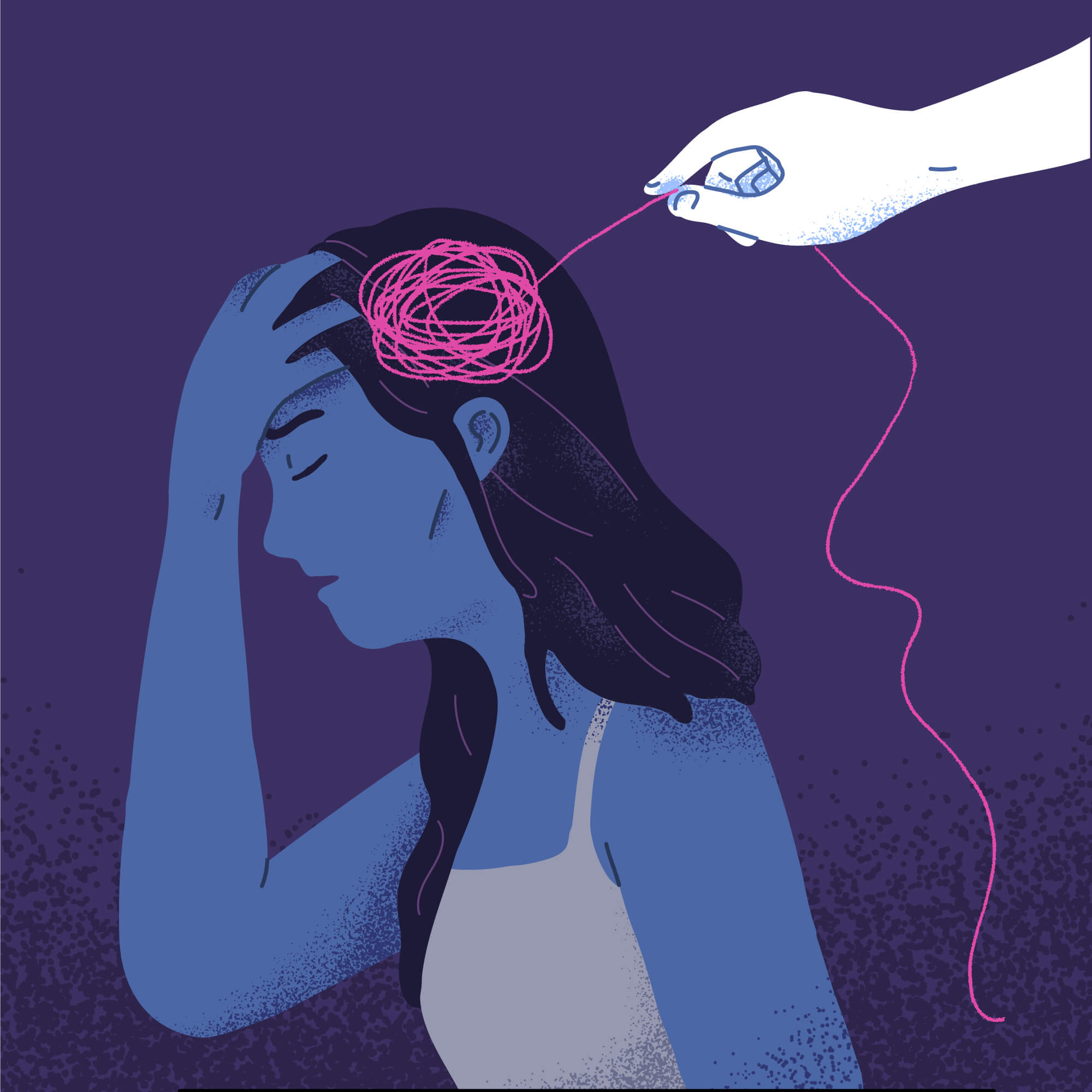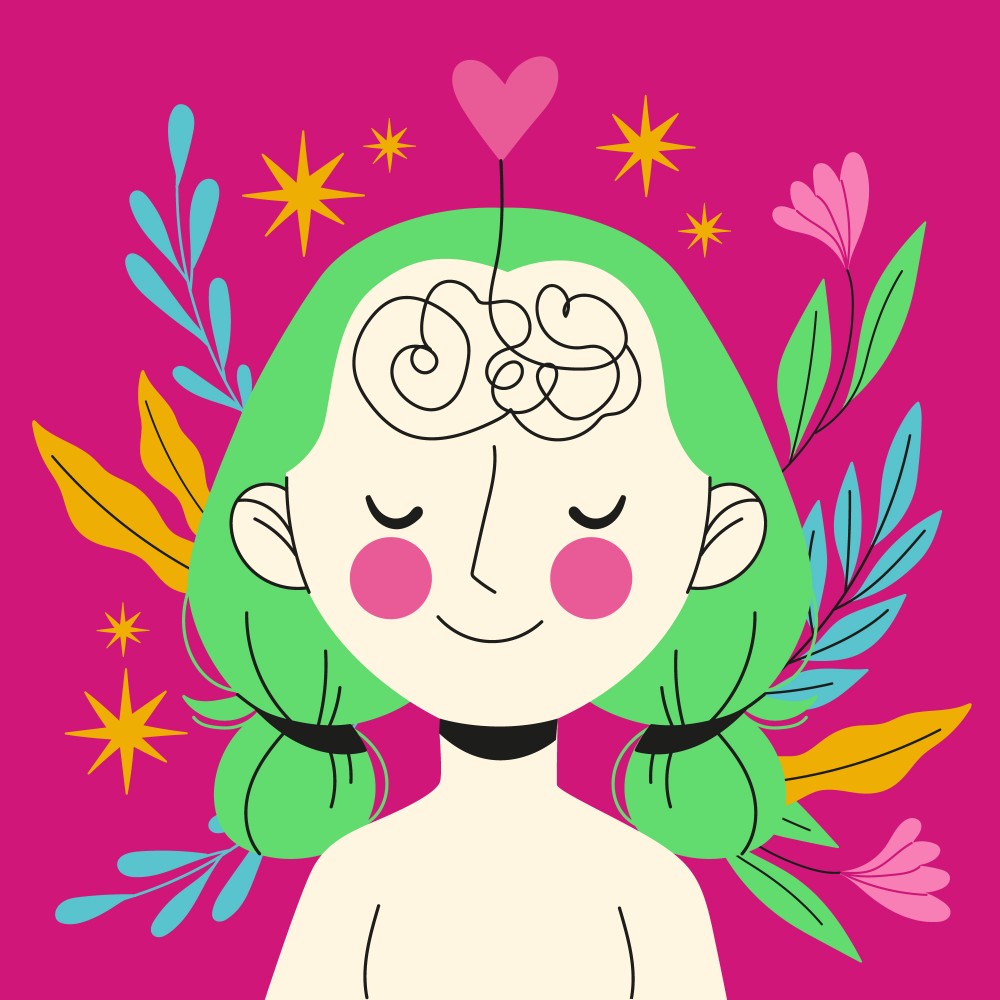If you are a parent of a neurodivergent child, you can recite the script before the phone even buzzes.
“[Child] had a very good day and really showed leadership with the younger kids” Pause. “But in the afternoon [Child] had some unexpected behaviour. [Child] is waiting at the office.”
Praise is meant to help us feel that everything hasn’t gone to hell. I instantly wonder: what happened before that?
I have answered those calls so many times that my body memorised the choreography. Laptop slammed shut. Keys already in hand. Car on the highway, while tears burn my cheeks. Desperate calls to my support network.
Before entering the school, I rehearse gratitude and forgiveness, trying to assuage the hysteria and rage. Then I’d walk into the office and see my child’s body sitting across from the office and I’d feel like my heart my heart is being ripped out of my chest.
Trying to be good
For years I tried to be the cooperative parent. I packed careful lunches, sent sensory equipment and fidgets, logged information in the Teams chat, arranged 100s of meetings and therapy appointments. I brought a charcuterie board to a meeting or cookies—because I believed goodwill was an investment that would compound into support.
It was wasted energy. One day my son simply stopped going. He was taller than me by then, stronger, anchored by a resolute “No.” I could not move him, and, to my surprise, I didn’t want to. The morning I realised he was not going back, a weight slid off my chest.
Relief is the body’s verdict. Mine declared the system unsafe.
Underfunding
People imagine underfunding as a spreadsheet issue. It is biology. Scarcity hijacks nervous systems, nudging otherwise caring professionals toward triage. Violence creates paperwork, elopement triggers liability, and a kid in a wheelchair left unsupported would demolish any illusion of moral goodness.
Quiet distress does not threaten optics or create liability.
My daughter’s dysregulation sometimes looks like stillness. She freezes like she’s paralysed in place. It’s probably a relief for staff, as her chatty and disruptive demeanour shifts. But then, there’s anxiety and not being able to eat. She becomes invisible at the precise moment she needs help the most. She can’t learn in those conditions.
Inclusion BC calls this what it is: a scarcity-engineered ecology where students and staff compete for every scrap of oxygen. Few of us remain our best selves in a room starved of air. Learn more
Collateral damage
Before children, I was the person who seemed to bend time—capable, motivated, exceptional. I did not fall off that track because I lacked grit; I fell because my children’s needs collided with a system designed for someone else’s child. This impacts women, neurodivergent families, disabled folks, and families facing poverty or racial inequality the most. We call it “sacrifice,” but sacrifice implies consent. Systemic abandonment.
I tried every polite tactic: collaborative language, meeting minutes, research summaries, visuals, meetings, therapies. I stayed up past midnight reading. I accommodated my kids like a servant because I knew their nervous systems were so fried from school. I became isolated and couldn’t relate to many parents. My hopes for the future shifted.
When collaboration failed, I filed a formal complaint. The Treasurer for the district was the arbitrator. The complaint didn’t restore services. And then another complaint and another. Circling the drain, endlessly.
-
Institutional gaslighting of caregivers
You refuse to forget, because forgetting would mean abandoning your child’s reality—and you have already watched too many adults do that with a straight face and a professional tone. You refuse to downplay what has happened, because the harm is not theoretical—it lives…
Why I rehearse forgiveness in parking lots
Hatred scalds its own vessel first. Forgiveness is the salve I spread over my nervous system; without it, bile would solidify to stone.
But forgiving isn’t forgetting. I remember every “modified day” that sliced hours from learning, every minute my child sat in a hallway closet, a threat of suspension for a 7 year old, the moment a principal vowed to call 911 if I didn’t pick up fast enough.
I move like an elephant—slow, steady, carrying the whole archive on my back. My neck is so sore.
I still reach for gratitude because “the teacher is trying,” yet, I am expected to be human, without being allowed to be fully human.
The appeals process is broken. Staffing ratios are broken. The myth of equal access is broken. Collaboration without resources is theatre, and we are expected to applaud while our children exit stage left.
Naming the harm plainly
Support is not triaged by need; it is triaged by visibility, liability, and budget. Violence makes headlines. Elopement triggers alarms. Kids in wheelchairs prick consciences. Silence, stillness, starvation, attendance refusal—those slide off the spreadsheet.
Thousands of families have limped away, carrying their brutalised children. Leaving jobs they trained for, starting a career they never wanted of teaching their traumatised child—healing institutional harm.
My daughter punched someone once and resources materialised. The message could not be clearer: if you want help, be dangerous.
-
The unseen wounds of advocacy: caregiver burnout, moral injury, and embodied grief
Caregiver burnout in BC schools reflects moral injury and systemic betrayal, as mothers fight exclusion and harm while advocating for disabled children.
What we actually need
- Start with honesty. If support is impossible today, say so, and explain what must change for “yes” to become possible.
- Start with curiosity. Ask the child why the classroom feels impossible; believe the answer even if you cannot yet fix it.
- Start with us. Families are not adversaries. We are unpaid experts in our children.
- End the compliment sandwich. Praise without accommodation is not helpful.
The last line I will not cross
I wasn’t a cantankerous person, before this! I was full of energy, optimism, and belief in public systems. This institution has carved me up. But, I will never apologise for the sharp edges. I will no longer perform likability to earn scraps. I will not teach my children that their pain must be loud to matter. And I will not swallow praise that masks harm.
Enough is enough. Sometimes the only humane response to chronic institutional gaslighting is screaming loudly.
-
Thriving beyond survival: neurodivergence, environment, and disability justice
Every person’s ability to thrive is deeply shaped by their environment. None of us are our best self in a room starved of oxygen – in other words, even the healthiest individual would struggle in an inhospitable setting. This truth is magnified for neurodivergent people…










